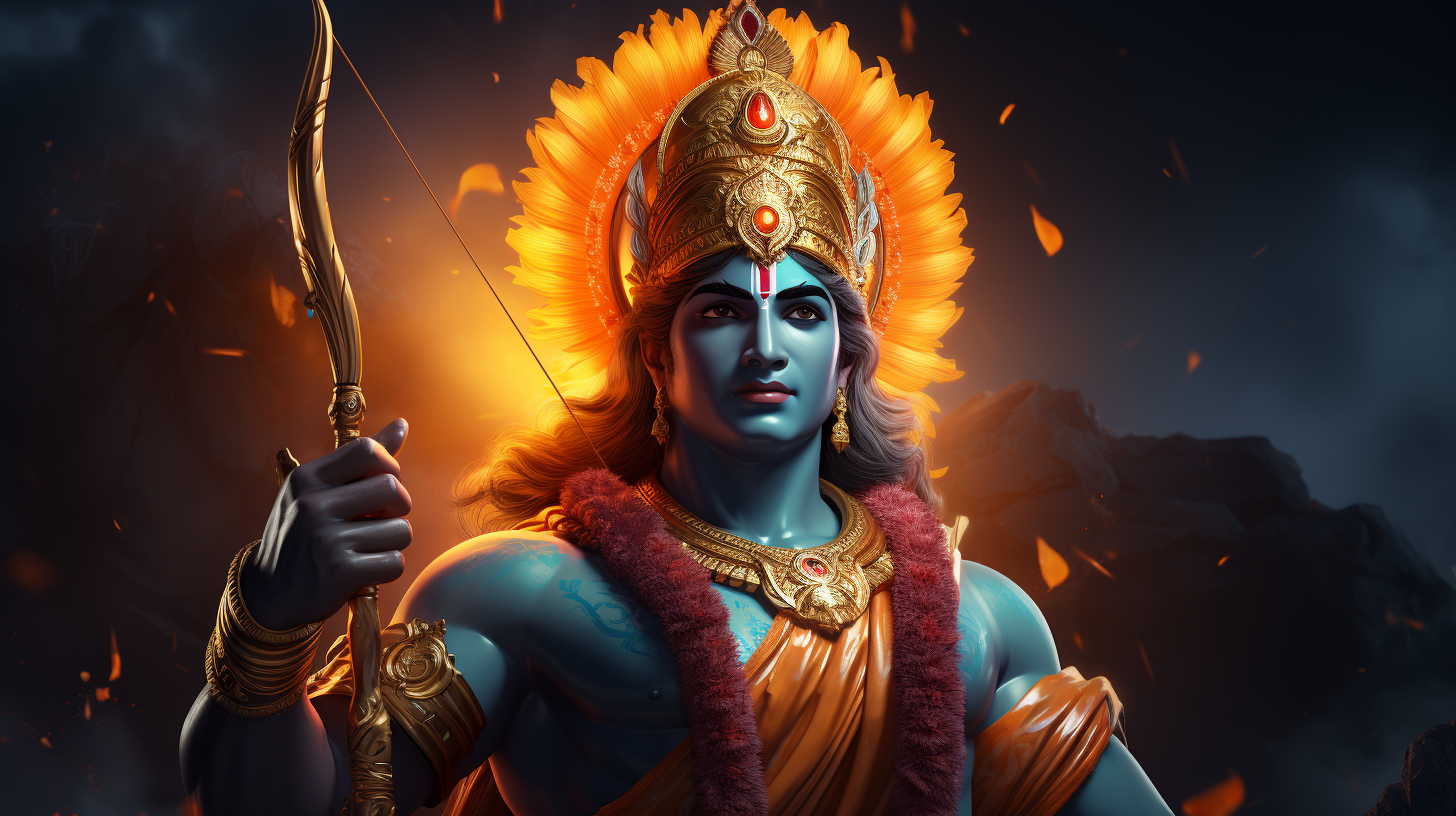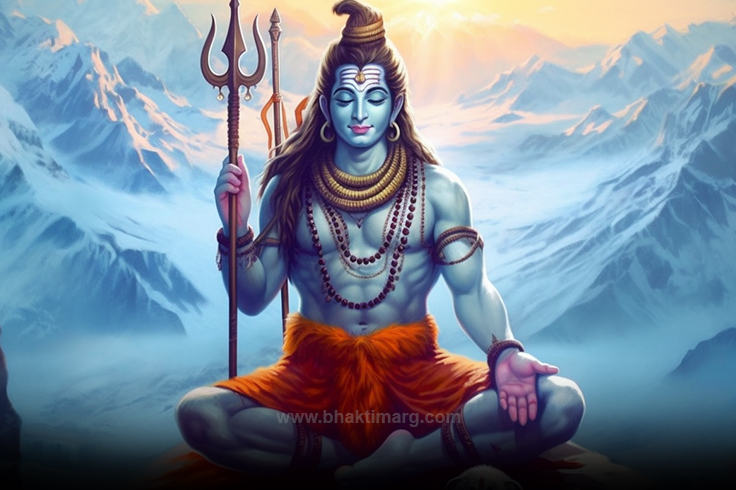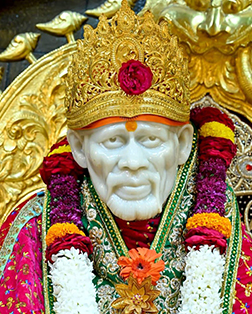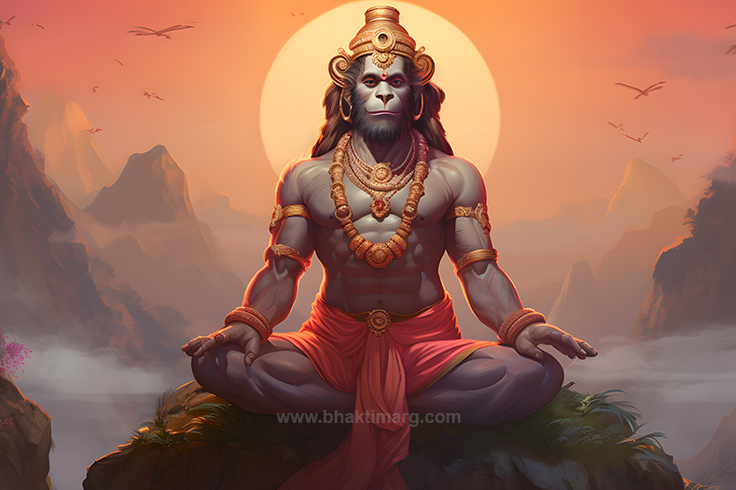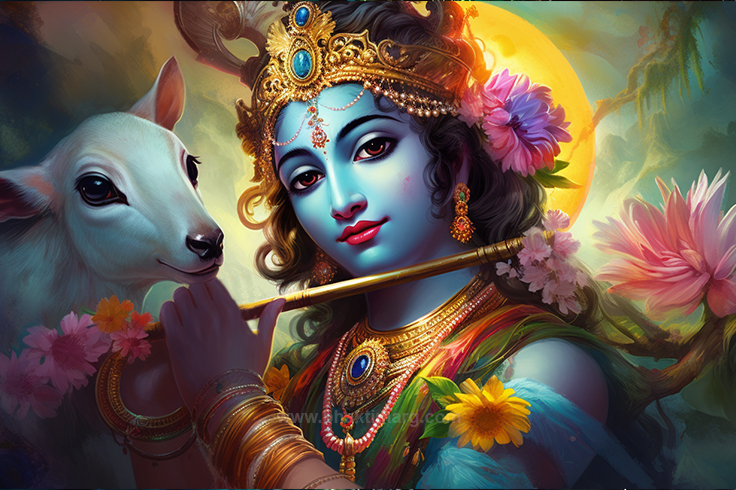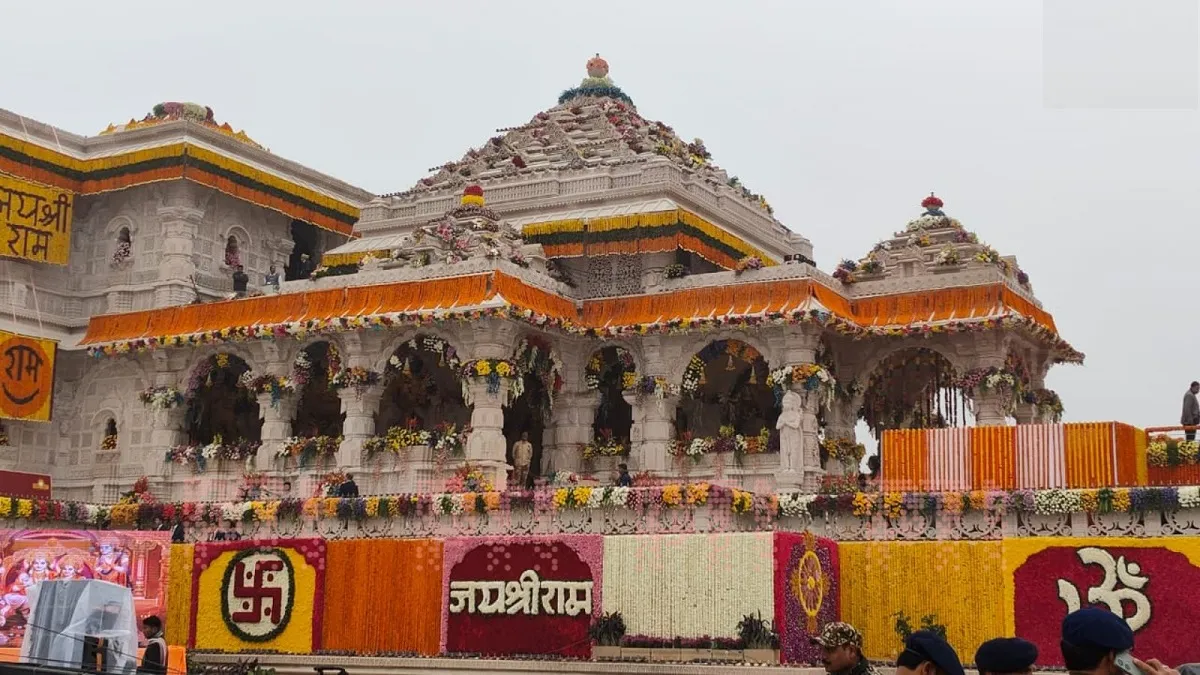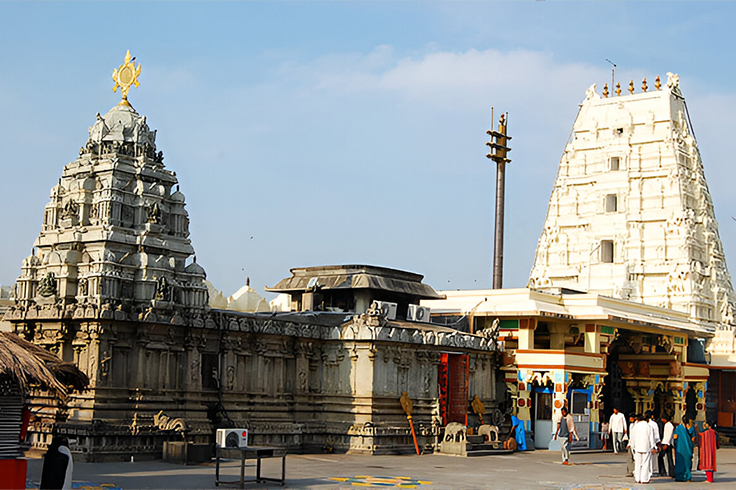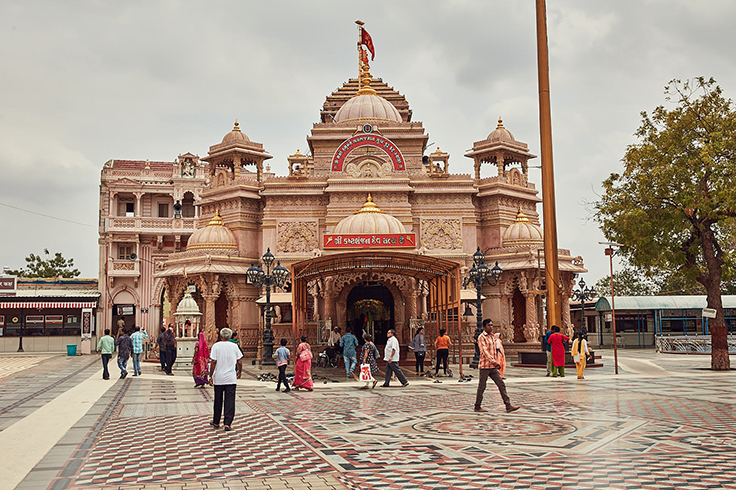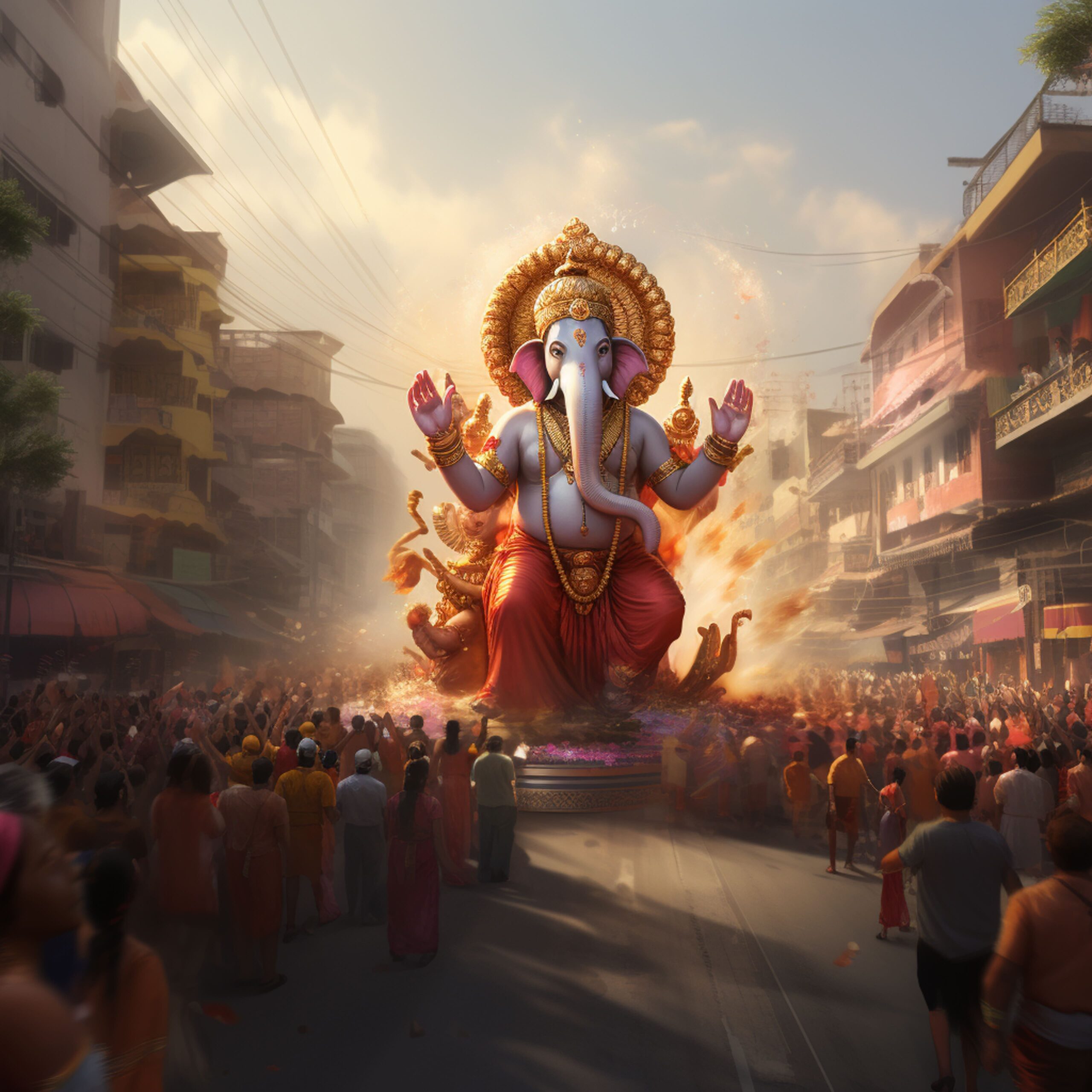
Diwali 2025: Here’s Why Deepavali Is Called the ‘Festival of Lights’
Deepawali Celebration holds cultural and regional significance, along with social importance, that symbolizes the victory of good over evil and light over darkness according to Hindu Beliefs. It is also called the Festival of Lights pertaining to various legends followed in different regions of Hindu Tradition. Diwali festivities are carried with great pomp and enthusiasm throughout India by lighting, lamps, lanterns, and firecrackers, creating colorful rangoli, decorating households, and preparing and sharing sweets and snacks.
The date for the festival cannot be dated exactly as it differs every year, as it is celebrated on the 15th day of Karthik month according to the Hindu Lunar calendar but, Diwali 2025 starts on the 17th of November spanning five days ahead.
Deepawali Meaning and Stories:
Understanding Deepavali’s meaning is not just that simple as there are multilayered significances hidden in the 5-day celebration of Diwali. There are different beliefs and traditions followed in the different sects of Indian culture even so all denote the victory of good establishment of positivity and light barring the darkness. There are different stories and legends related Deepawali celebration, and the most common or renowned include,
- In the most popular Hindu legend, the Diwali celebration marks the return of Lord Rama, along with his wife Sita and brother Laxman to Ayodhya after defeating the demon king Ravana. After his return people of Ayodhya lit lamps as if it was the night of the new moon to welcome them and pave a path for them celebrating the triumph of good over evil
- Laxmi Pujan is included in Diwali festivities when Goddess Laxmi the goddess of wealth, and prosperity is praised. According to scriptures, this day is celebrated as the appearance of Goddess Laxmi from the Samudra Manthan. It is believed that the goddess visits homes that are clean, well-lit, decorated, and pleasant, bringing them prosperity and good fortune
- Vasubaras is Celebrated during Diwali festivities another tradition related to Samudra Manthan when the divine cow Kamdhenu appeared. She was said to be giving, providing her caregiver with immense wealth, and well-being, and fulfilling all their wishes. So on this day, the cow is praised as she provides us with milk that has multiple uses and is compared to Amrit the divine nectar
- Diwali celebration is associated with the defeat of the demon Narakasura by lord Krishna, symbolizing the victory over righteousness over tyranny. Hence there is a celebration of Narak Chaturdashi in Wester regions, the Karit fruit is broken with the heel of the left foot as a symbol of destroying all the evil
- Another legend related to the Diwali celebration is the Epic of Mahabharat where it is said that the Pandavas returned to their kingdom after 12 years of exile on the same occasion. So people lit lamps to guide them back home, showing their support and love through the welcome lights
Why is Diwali Called the Festival of Lights?
Diwali is primarily a festival in Hinduism that symbolizes the victory of light over darkness, good over evil. It is believed that the light destroys all kinds of evil, negativity, or ignorance and establishes the light of positivity, knowledge, and good, hence called the “Festival of Lights”
The term “Diwali” is derived from the Sanskrit word Deepavali meaning deep, the lamp or light, and avali meaning a row. During Diwali, people illuminate their homes with oil lamps, candles, and colorful lights to dispel darkness and create a festive and joyous atmosphere. This practice dates to the times when Lord Rama returned from exile and was welcomed with rows of light celebrating his return and defeat of Ravana.
During the Diwali celebration, according to legends and stories, people follow the tradition of lighting a lamp it is not only a symbolic gesture but also has cultural and religious significance. The Goddess Lakshmi who is related to wealth, prosperity, and well-being is said to reside in bright, clean, and pleasant places, so to invite her into homes Laxmi Poojan is done in the Deepavali celebration.
Deepawali celebration observes the tradition of lighting lamps that represent brightness, abundance, and positivity. So it is believed that lighting lamps would spread the light of knowledge, and generate a pleasing atmosphere. It is a prominent symbol of the triumph of righteousness and dispelling the spiritual darkness. The visuals of countless lamps and decorations along with fireworks light up the night making the Diwali Festival of Lights.
Traditions Included in Diwali Festivities
Diwali Celebration is deeply rooted in Indian tradition and culture and is widely celebrated barring the sects of religions and beliefs, spreading light and happiness to all. The Diwali festivities include different celebrations and traditions in different regions, the major cultural practices are,
- Diwali festivities start with Vasubharas and Dhanteras, praising the holy cow and Lord Dhanvantri originator of Ayurvedic medicine. Depicting the role of health and wealth in life, as it is the start of the harvesting festival many celebrate it accordingly
- There is Narak Chaturdashi celebrated as a symbol of destroying evil and Abhyanga Snan, is considered the first day of the Diwali celebration where a holy and pure method of bathing is used to promote natural and traditional methods of self-care, spiritual cleansing, and nourishing health benefits promoting the deeply rooted Ayurvedic practices
- There is Laxmi Poojan involved in the Deepawali celebration, where the goddess of wealth and prosperity is praised by offering lamps, sweets, fruits, and flowers and reciting prayers to please the goddess and ask for her blessing to provide material prosperity, spiritual enhancement, and healthy life
- During the Diwali celebration there is a general practice of preparing sweets, and exchanging them with all creating community bonds, cleaning the homes for the arrival of dieties to welcome them, preparing feasts to share with loved ones, buying gifts and new clothes, making charity to spread happiness
Hence Diwali is not only the festival of lights but an occasion that spreads happiness bonds with our dear ones. A festival that not only has cultural and traditional symbolism but also has social and spiritual blessings aligned with their practices.




